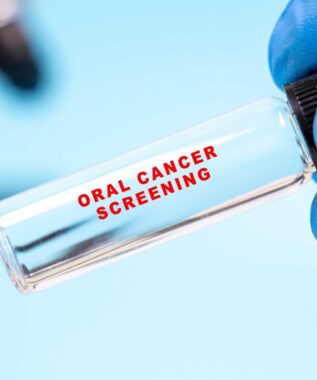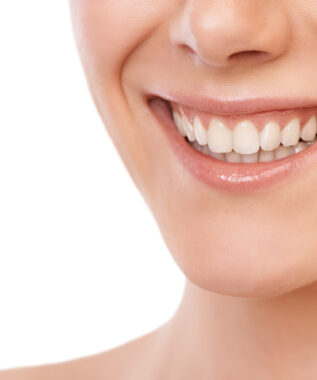 Do you ever wake up in the morning with a sore or tense jaw? Have your teeth felt a bit more sensitive lately? If you answered yes to either of these two questions, it could be possible that you are experiencing bruxism. Indeed, teeth grinding can be a troubling phenomenon, both in the short term and the long term, and your dentist recommends seeking treatment as soon as possible. But how exactly can you identify this issue is affecting you, especially if you are unconscious when it occurs? In today’s blog, your Leawood, KS dentist explores the many side effects and symptoms of chronic teeth grinding, as well as how our team can help.
Do you ever wake up in the morning with a sore or tense jaw? Have your teeth felt a bit more sensitive lately? If you answered yes to either of these two questions, it could be possible that you are experiencing bruxism. Indeed, teeth grinding can be a troubling phenomenon, both in the short term and the long term, and your dentist recommends seeking treatment as soon as possible. But how exactly can you identify this issue is affecting you, especially if you are unconscious when it occurs? In today’s blog, your Leawood, KS dentist explores the many side effects and symptoms of chronic teeth grinding, as well as how our team can help.
What is Bruxism?
By now you are likely familiar with the need to take proper care of your smile. After all, there are several factors out there that can negatively influence your smile health, and unfortunately, there are significantly fewer natural defenses that you can keep in your back pocket.
While you may be used to brushing, flossing, and rinsing using antiseptic mouthwash, it is important to know that bacterial concerns are far from the only ones you have to take into account when providing the best possible care for your teeth. In fact, nontraditional dental concerns such as sleep apnea and teeth grinding can lead to significantly larger complications if they are left untreated.
Looking at teeth grinding, in particular, this phenomenon occurs when a person tightly clenches his or her teeth and moves the lower jaw from side to side, often occurring when he or she is unconscious or asleep. Bruxism is considered chronic teeth grinding. To learn more about this process, give our team a call today.
Ways It Impacts Your Health
In terms of immediate effects, chronic teeth grinding can lead to damage by wearing down the surfaces of your teeth. What’s more? This process lends itself to making your structures become more brittle and subject to cracking or breaking due to the heightened tension and strain.
Another complication that arises from untreated teeth-grinding is its effect on your functional capabilities. For example, significant strain and tension can make it difficult for you to open your mouth completely, making functions such as biting, chewing, or eating more difficult. Contact our team today to learn more.
It Only Gets Worse
One of the biggest threats untreated bruxism creates is a higher potential for developing TMJ disorder. This phenomenon occurs when the lower jaw becomes misaligned from one or both temporomandibular joints (TMJs). Fortunately, our team can assist your matter with the help of a bruxism appliance or TMJ splint therapy.
Learn About Your Options
Contact Dreem Dentistry in Leawood, KS by calling 913-681-5500 to schedule your next appointment with our team and learn more about identifying the warning signs of chronic teeth grinding.






